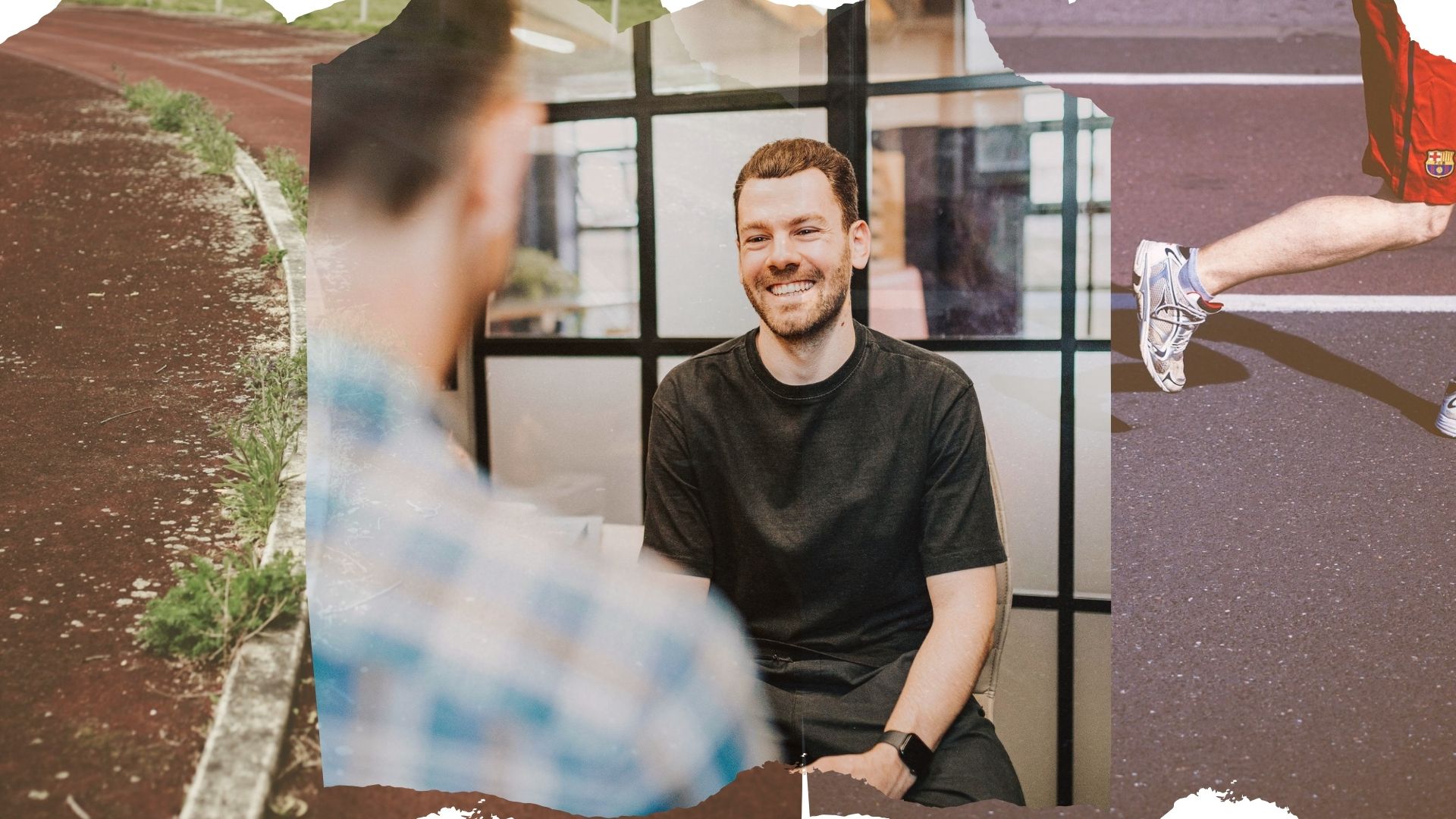From the circus to Red Bull’s World Series Cliff Diving competition, Stéphane Lapointe has devoted his career to coaching a high-stakes sport safely – and helping his athletes mentally prepare.
Perched high on the edge of towering cliffs as waves crash and break below, cliff divers elegantly launch themselves into the open air, performing their routines with precision and grace before seamlessly landing in the water.
In the world of extreme sports, few challenges test the limits of human courage quite like this.
It’s a sport that demands more than just physical training, precision, and strength; it’s a huge mental battle, and no one understands this better than Stéphane Lapointe, the Canadian national team coach for high diving.
“Even if you’re comfortable doing your dives, once you get in the spot, to be able to stay present and do your dives the best you can do, whatever the conditions are, is a big mental challenge.”
Lapointe coaches some of the world’s best cliff divers. His student Aidan Heslop won the 2024 Red Bull Cliff Diving World Series, becoming the youngest ever winner, while Molly Carlson and Simone Leathead – also coached by Lapointe – finished second and third respectively in the women’s division.
This mental battle will be on full display during the Red Bull Cliff Diving World Series events, where Lapointe will be guiding Molly Carlson and Simone Leathead to Polignano a Mare, Italy – the home of cliff diving.
These athletes have spent their lives becoming familiar with the daunting 20-metre drops, but doubts and fears can and often do creep up on them.
“You can do a perfect dive and still be injured in high diving,” says Lapointe.
“The girls are entering the water at about 80 kilometres an hour, and the men are reaching about 90, 95 kilometres an hour, and that impact means that there’s no margin for errors in terms of vertical.”
“A dive could be just a bit short of vertical, and the athlete could pass out in the water or lose consciousness. Over vertical means you can create big injuries in your vertebrae, your back, and in your knees and neck.”
Entering the water correctly is just one challenge. There are often other obstacles that the athletes must contend with.
Lapointe explains: “Sometimes you start from a rock and you have to clear two metres in front of you because the water isn’t deep enough.”
“The risks are always there, whether it’s your dive, whether it’s the conditions, you can never be too comfortable doing that sport.”
Beyond the physical challenges are the mental ones.
“Anxiety is a part of the fear of being injured and the fear of getting lost in the air,” Lapointe says.
Described as a striking and challenging location, the last competition was in El Nido, Philippines, where divers had to climb 20 minutes along the rocky terrain to reach their launch spots.
“Molly is not super good at climbing, and she’s not very tolerant of the sun. They were climbing on the side of the rock, completely in the sun, and then once she got to the spot, there were three girls in front of her, so she had to wait 20 minutes,” says Lapointe
“She arrived on the platform super tired, but she had to go.
“I was on a kayak, maybe 100 metres from the spot, and I saw her landing really over. Physically, she was fine, but mentally, she was really shaken, and those are the challenges that are the hardest because it’s not something concrete and physical, it’s something mental.
“They’re scared, and there’s not the same treatment for everyone because when it’s mental, you really have to know your athlete, and the person in front of you.”
This is where Lapointe’s skills as a trusted high-diving coach come into play.
“When something like this happens, the first emotion that kicks in for me is empathy. This is my favourite part of coaching this sport because of the proximity you get with the athlete as a person,” says Lapointe.
“It’s about understanding how they feel at that moment, being there for them and trying to get them to find the empowerment inside them to go back on the platform. It’s not about me telling them they should go back. It’s about having the right words to make them come to that solution.
“The mental job in competition is to stay in the present, because when you have fears, it’s because you doubt the future or you’re remembering something that happened in the past, so we’re always trying to keep them in the present.”
Lapointe’s mental training extends beyond the battles with fear to visualisation in training.
He says that a key to his athletes’ successes is “being able to see yourself doing a dive.”
“The brain is super efficient, where even though you have never done the dive, if you can see yourself doing it, imagine it, and feel the dive with your body with as many repetitions as you can, your brain will give you the signal that you already did it.”
This imagined familiarity eases athletes into the competition, making it appear less demanding and reducing anxiety.
“When you look at the sport, it’s very impressive what they do, but the mental job behind it is so much bigger than the physical job,” says Lapointe.
This, however, doesn’t mean that the level of fitness and physical ability needed for cliff diving should be underestimated.
It’s a complex sport that the athletes train for all year, and Lapointe creates detailed plans for the individual athletes.
“So Molly and Simone have completely different plans based on their dives, their skills, their strengths, their weaknesses, and their injuries,” says Lapointe.
“I always make sure we do as much preparation as we can before they go up on the 20 metre platform because they’ve never done that dive fully before, since they can’t get the full height.
“As a coach, I want to be as sure as I can be. When I got into high diving, I was like, ‘I’m going to go into this, but safety is my first priority,’ and I think that’s why people come to me, because they know they can do it being prepared mentally and physically. And that makes a huge difference.”
Lapointe has accomplished many achievements over the years, as a coach and as a national diver.
“When I was 18, 19, I did some diving shows in a circus where I learned to do a couple of high dives, and over there, I met my first Red Bull athlete, Lysanne Richard.”
“One day she called me and she’s like, hey, Red Bull Cliff Diving is introducing the girls in their series. And I would like to do it, would you coach me? So I started there with just one athlete.
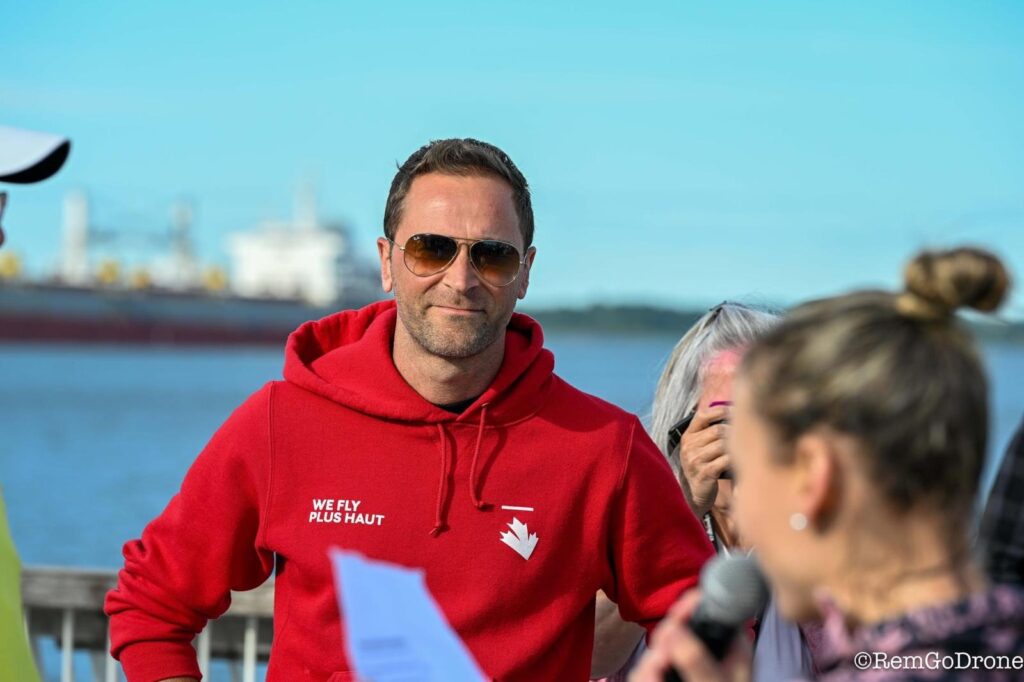
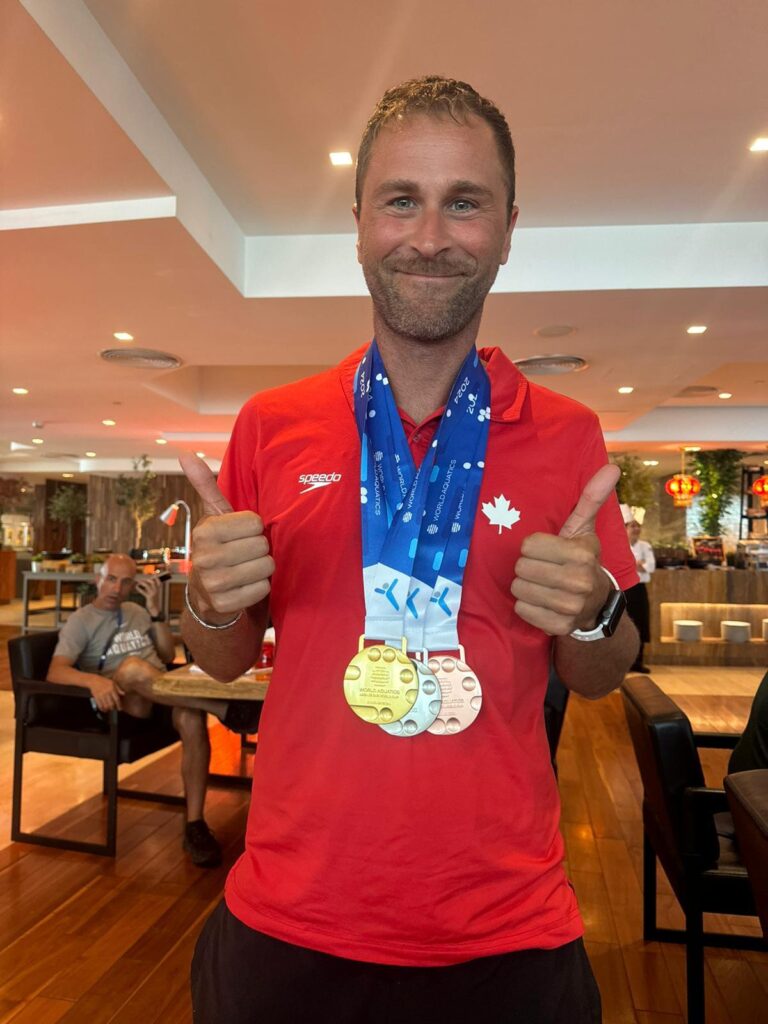
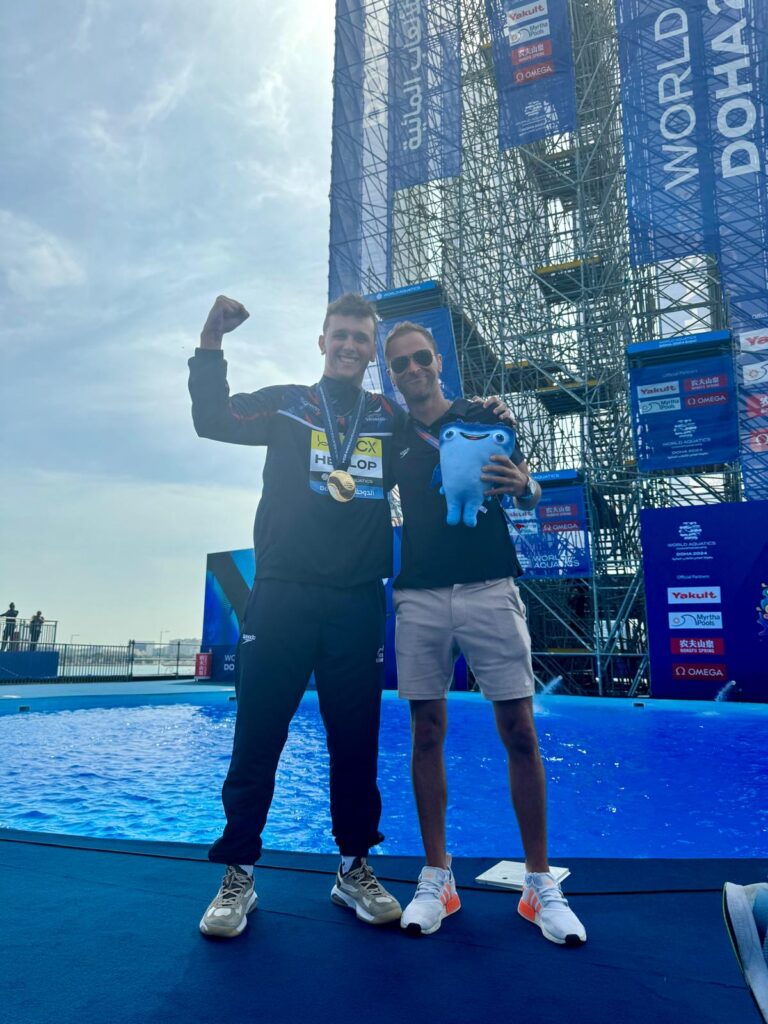
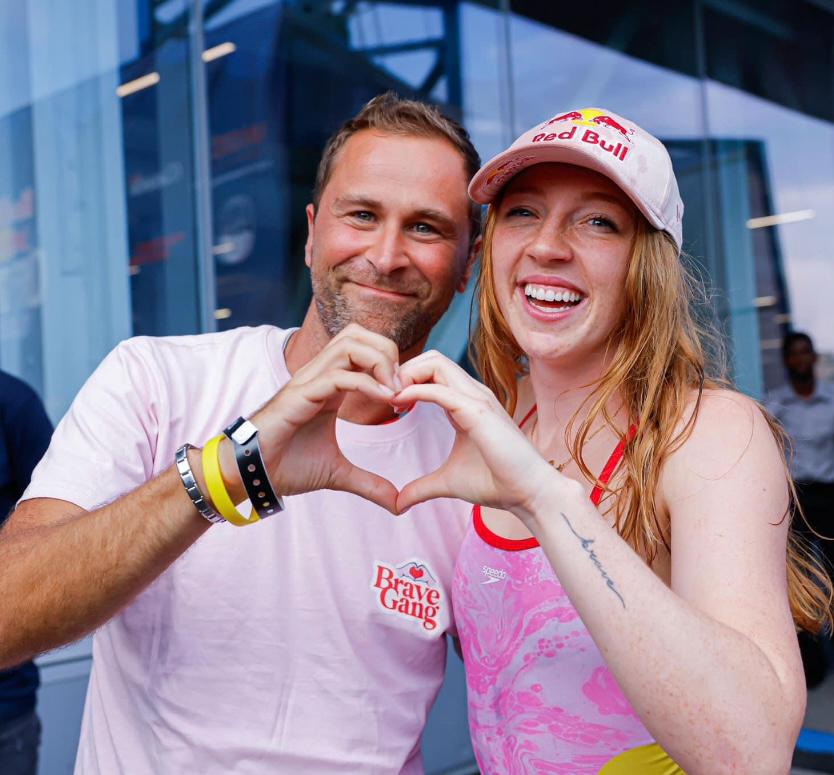
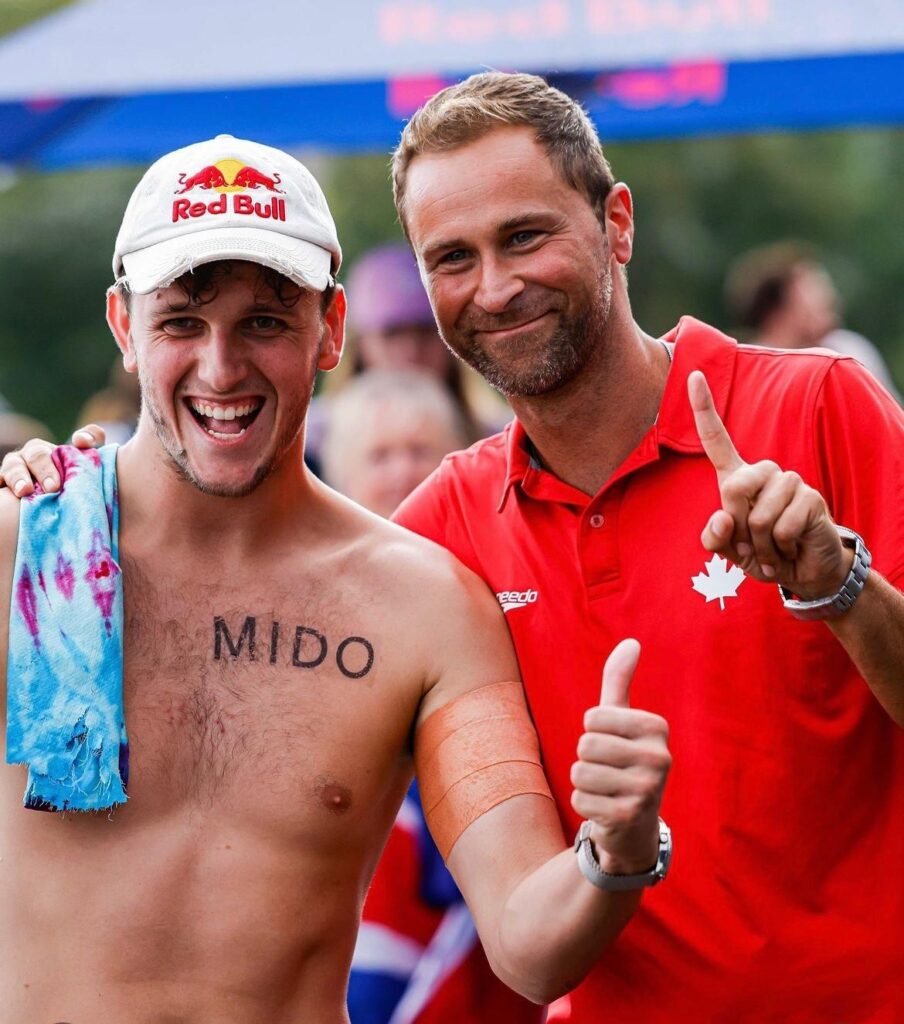
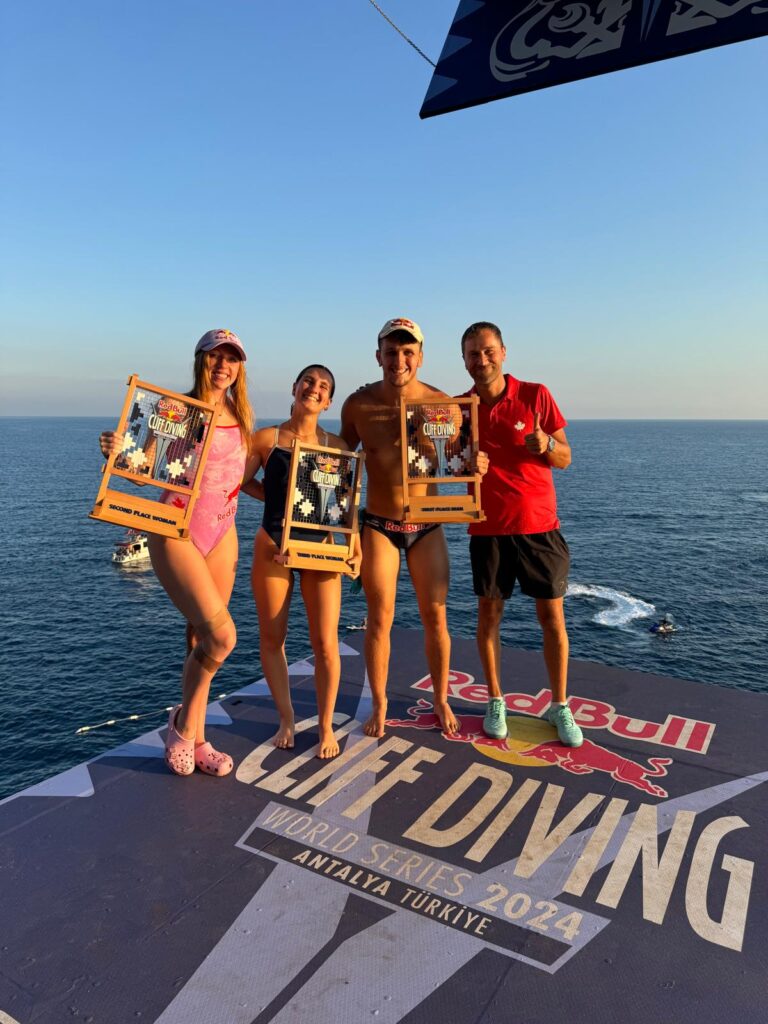
Images courtesy of Stéphane Lapointe
“She had lots of podiums and a couple of wins, which created a vibe in Montreal where they invested a little bit in the facilities, which then attracted athletes like Molly Carlson, Jessica Macaulay, and Aidan Heslop.
“Now I have eight senior high divers at the international level, and it’s one of the first groups of high divers who train all together.
Lapointe has built a strong reputation and a powerful team of divers that will display their skills in the next stage of the competition.
The Red Bull Cliff Diving World Series attracts fans from around the world and allows high divers to compete at the highest level. It’s incredibly important for the sport.
“It’s a sport that is still not very well-known, but we’re really hoping for it to get to the Olympics so the athletes that are doing it can get the recognition that they deserve.”
“There are a lot of highs and a lot of lows in this sport, and it’s learning how to deal with this, but that’s what I like about that sport. It’s getting them to understand that and become a better version of themselves as an athlete, but as a person, too.”
Lapointe’s coaching extends beyond the gym and the tactical discussions to the more heartfelt talks of safety and mental well-being. He understands that there’s more to an athlete’s performance than their physical abilities, and that their fears and imagination contribute just as much to their performance.
Sidelines Recommends
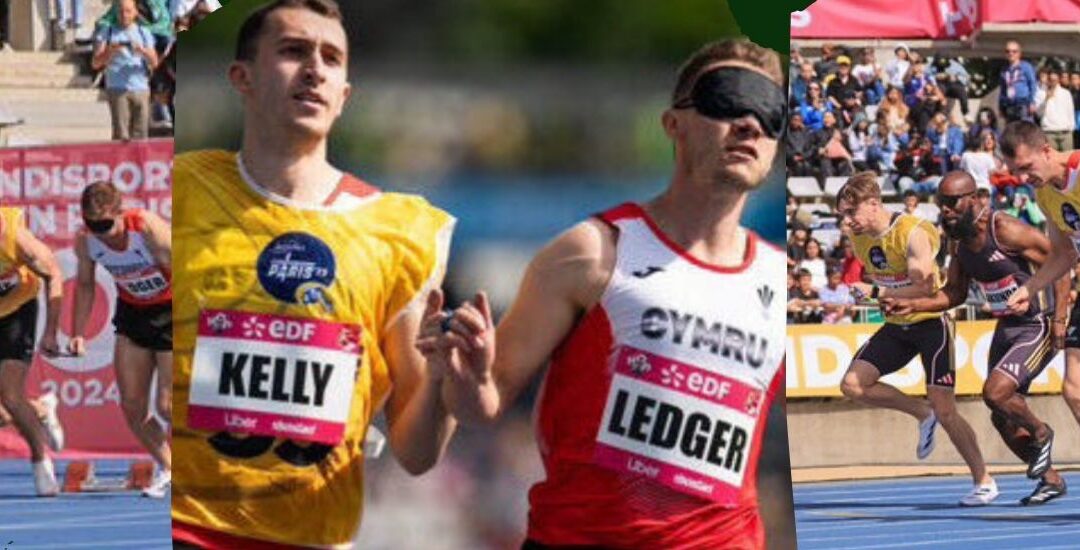
Guiding to glory
Attached by a 10cm cord, how do visually impaired runners and their guides stay in sync and reach the finish line? Sidelines lift the lid on guide running.
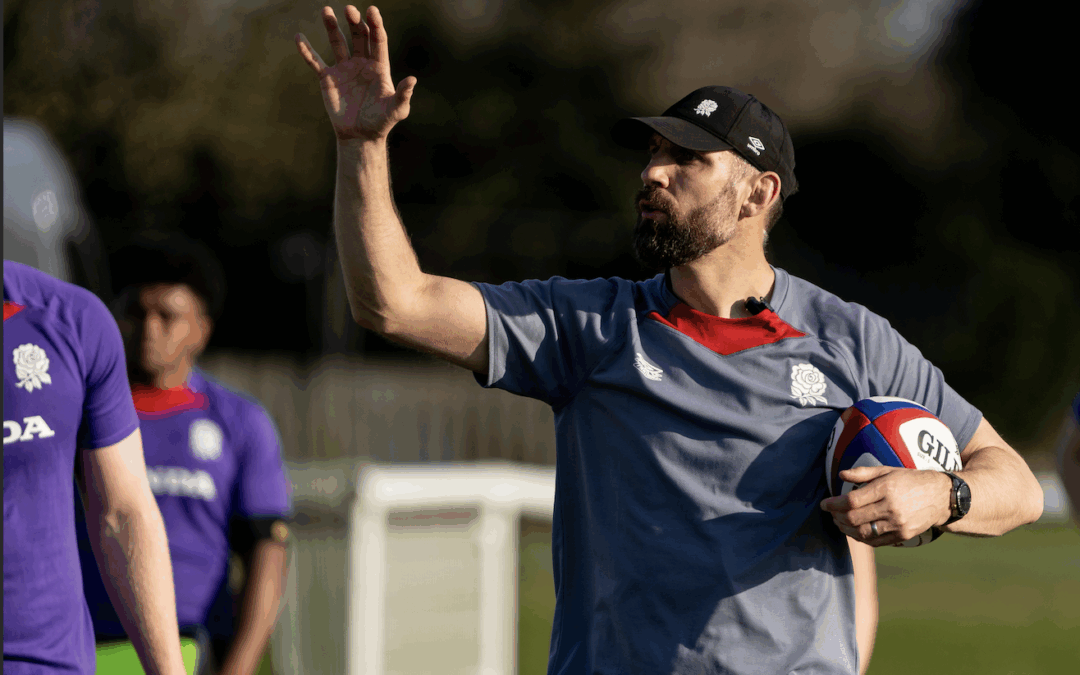
Tomorrow’s red and whites
Sidelines speaks to England men’s U18s rugby coach Jonathan Pendlebury about building the next generation of talent.
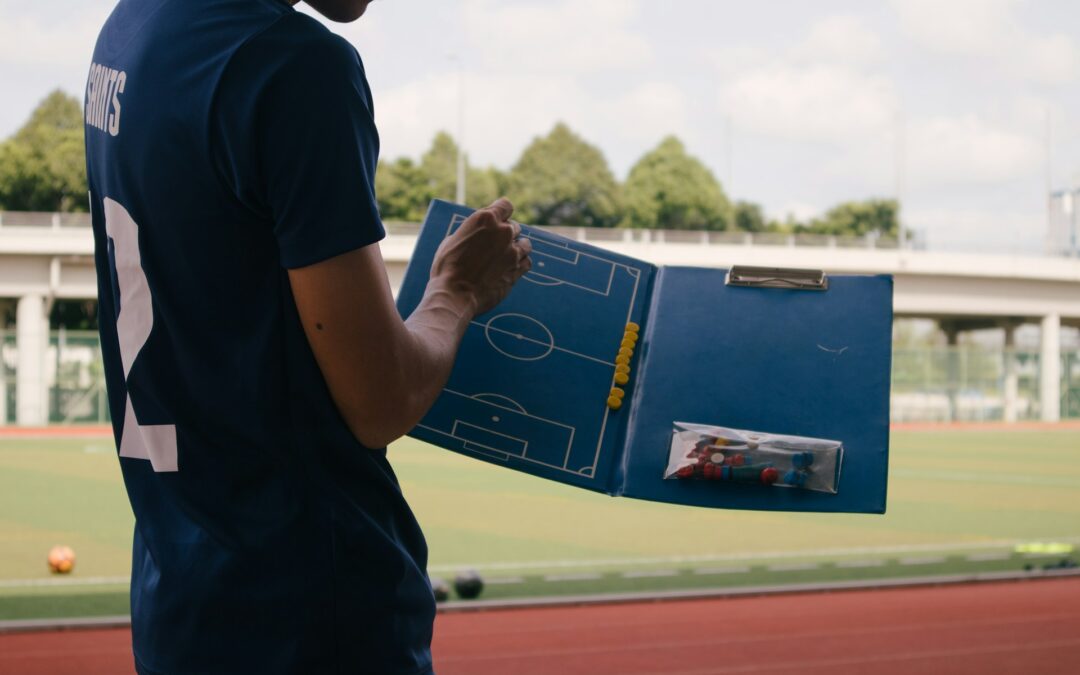
Are specialists the future of coaching?
Gone are the days of the jack-of-all-trades – we hear from two specialists helping sports teams make all-important marginal gains.

